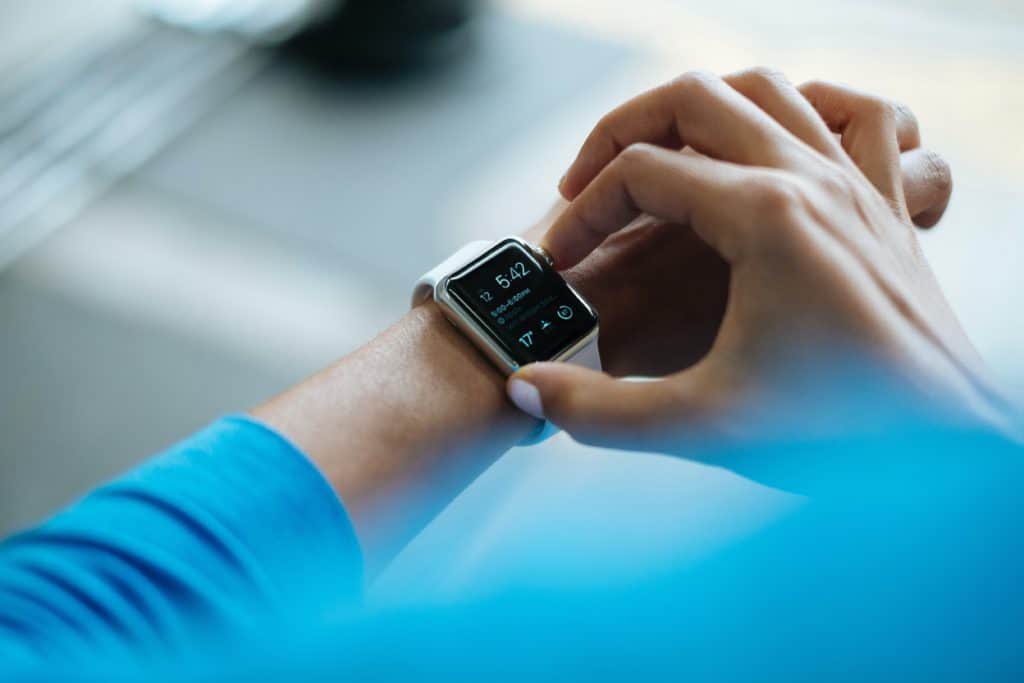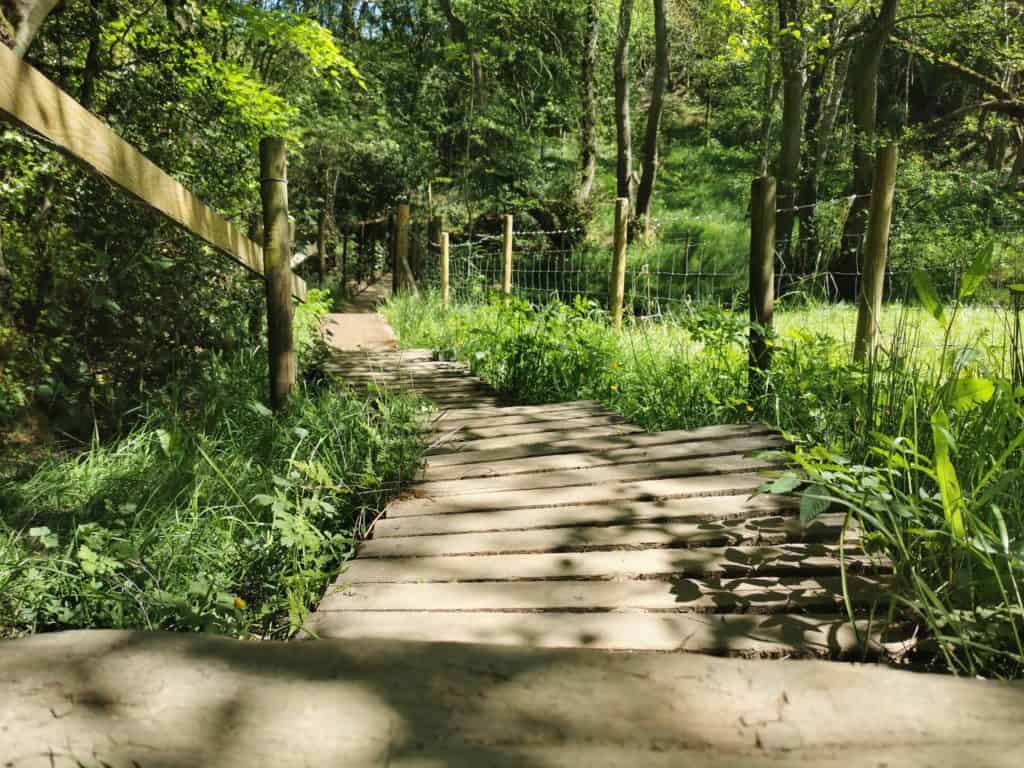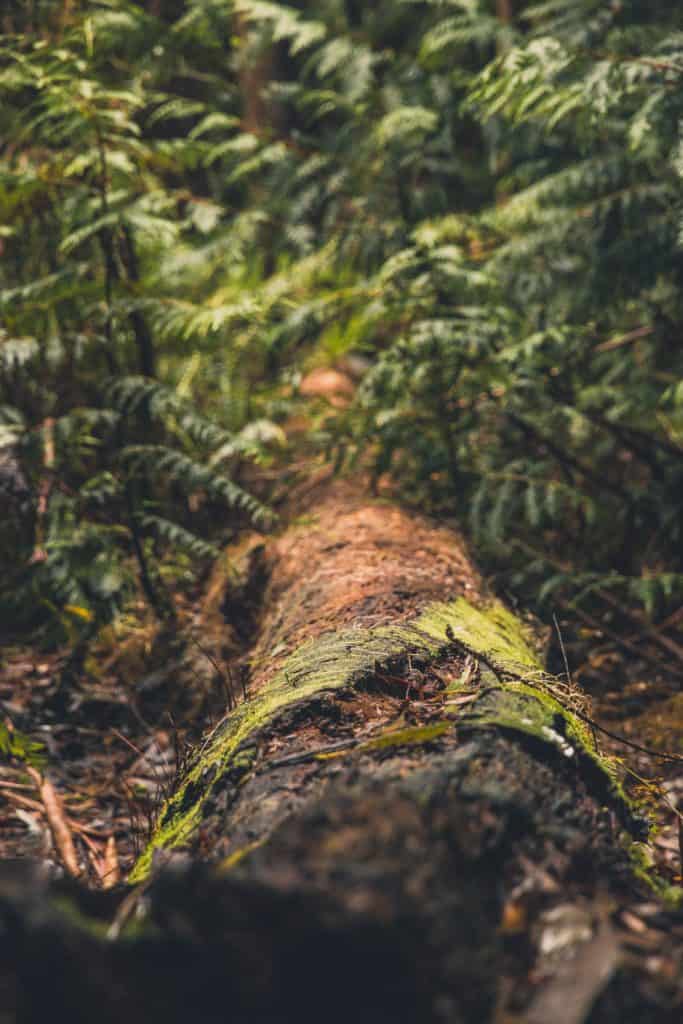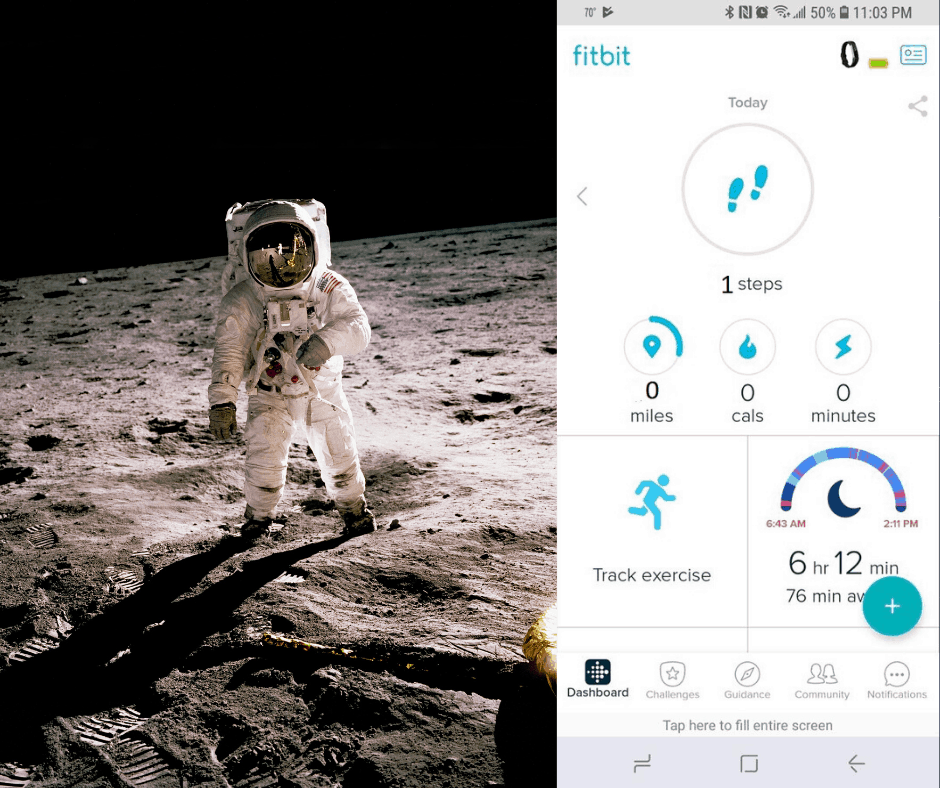Here is an enlightening story about a girl who went on an outdoor adventure and a Fitbit that went too far.
Preamble. I must admit, I love sports. I love setting and reaching fitness goals. I also find, that counting progress makes me feel good. Before the lockdown I could barely do fifteen press-ups, but now I can easily do thirty five. A year ago, running 5k seemed like a major achievement, now, 10k is a nice weekly run. It feels good to measure progress (and even to boast about it, sometimes). Please, don’t judge, I am only human, and I am mindful that there is always someone who uses my squat weight for a bicep curl.

I love fitness, but I hate using a fitness bracelet. You know, that plasticky-rubbery watch that counts our pulse, pace, distance, etc. I don’t only loathe them, I am deeply suspicious of them. Not just because of my highly personal health data and my usual routes being shared with the app, uploaded into the cloud and consecutively can be accessed by third parties. I am hesitant to use them, not because their accuracy is dubious – my pulse always goes up, when I check it, and my sleep is much worse, when I monitor it. My aversion is not because my smart bracelet freaks me out by attempting to connect to some non-existent devices via Bluetooth; maybe, it’s just lonely and seeks company. My disinclination with Fitbits, and alike, stems from the fact that they go too far.

Let me explain. Fitness bracelets are made to monitor, to record and to measure. Like the technology in general, they do it blindly, constantly and without being asked (not dissimilar from navigation apps). So far so good. Now, here is the story.
When we moved to the more rural place and I saw the countryside and the woodlands around us, I couldn’t wait for my kids to disappear into the nature for hours. To my dismay, it didn’t happen for a long time. Despite being nature lovers and always enjoying an adventure as a family, my kids were just not used to the idea of freedom to roam and to explore by themselves. Finally, after quite a few weeks of being in a lockdown at home, my daughter suddenly saw the appeal of the beauty around us and she decided to go on an outdoor adventure all by herself. Packing a small pink leather rucksack with snacks, colouring pencils, a book and her phone (for Google Maps – to know her way around). She also wore a fitness bracelet to track the distance.

All kitted up, off she went. My heart was full of joy and pride. I was nearly ecstatic when, couple of hours later, I listened to her account of the adventures. First, there was a massive… absolutely massive field, so vast, you can see the horizon and your head would spin. There was limestone on the ground that made shoes and bare legs all white and dusty. Then, there was a spiky holly bush and a secret path between some dense arching hedges. Finally, there was a brook with a slippery log across, and suddenly it was all back to a familiar road.

Still with her cheeks slightly blushed from the fresh air, or from the sun, and eyes glistening from excitement she pulled her phone out to check her route. I leaned over to look. “Look mum, this is how I went. All around those fields and through the wood, and this is the brook I crossed. Oh, oh no! What do you mean, only four thousand steps? This is unfair. Only 4 000! I went to this big adventure, and only did 4 000 steps! I do at least ten thousand on a school day!” She was almost sobbing. Disappointed. Sparkle in the eyes gone. Only dusty legs left from the great adventure. All, because of the rude remark from the Fitbit. 4 000 steps, only. Heart-breaking.
I stepped in to explain that some steps mean more than others. How about the first man on moon, one small step for a man… ? It was only one! How about your gigantic leap across that ditch? Or those calculated, careful steps to walk on the slippery log? How about the brave steps into the middle of the field, which vastness makes one’s head spin? Or an unfortunate step into the horse dung?
Technology doesn’t know the value of steps. It just counts them mechanically, blindly, without discrimination. But, do we need to know how many steps? Do we want to know how many steps? Why does it matter, … as long as we know where we are going?

